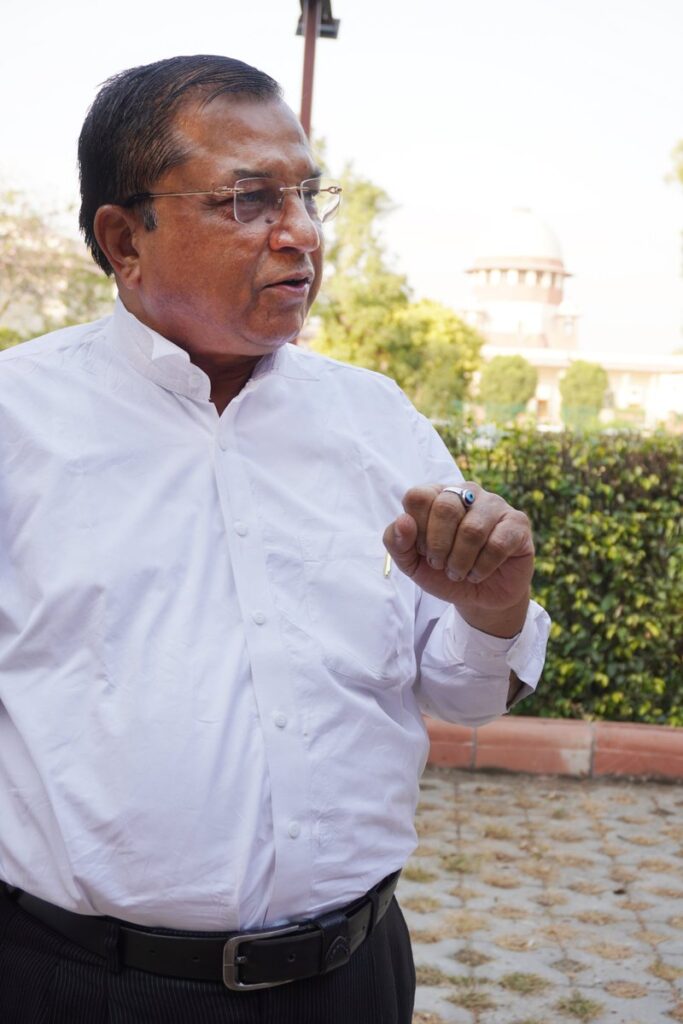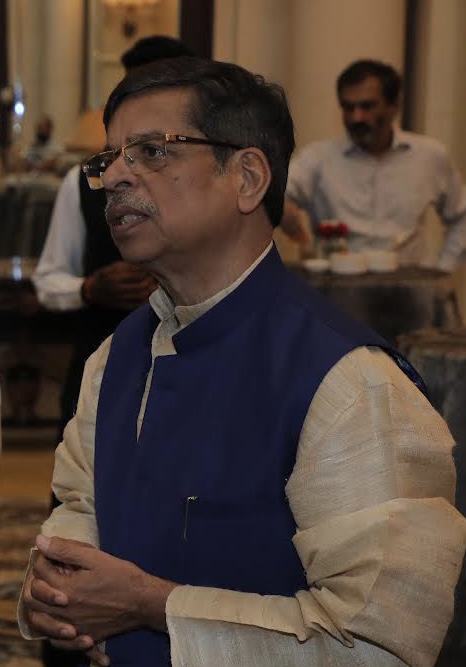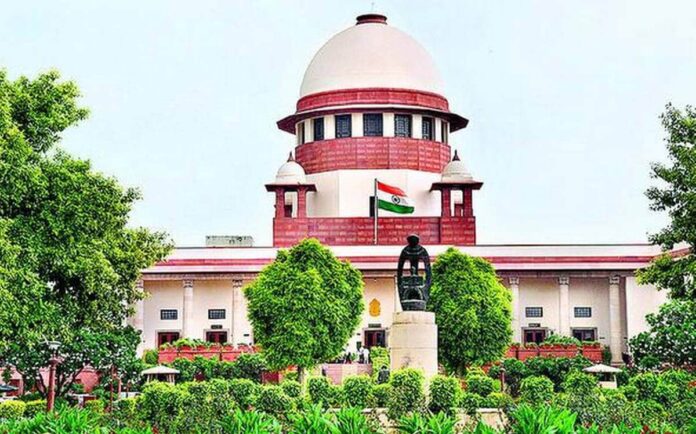As elucidated in the Maharashtra news, the Supreme Court on Maharashtra Political Crisis extended the time for Eknath Shinde and 15 other rebel MLAs in the Maharashtra State Legislature Assembly to file a written response to the Deputy Speaker’s disqualification notice.
Sanjay Raut, Shiv Sena’s Chief Spokesperson had made a statement that the Sena’s rebel MLAs will find it difficult to return and move around in Maharashtra. This threatening statement is submitted by Advocate Kaul by stating that the bodies of 40 parties will arrive and gets slaughtered like bulls, the atmosphere made it difficult to exercise their legal rights. So the court observed that the State shall make sure that the right granted to every citizen is protected and that no harm is caused to the life and properties of all the 39 MLAs and their family members.
BRIEF ABOUT NABAM REBIA’S CASE
The case of Nabam Rebia vs Deputy Speaker is highlighted by the Advocate Kaul in the matter of disqualification proceedings initiated by the Deputy Speaker in the Maharashtra Crisis.
The case Nabam Rebia was a case of when Arunachal Pradesh experienced a constitutional crisis. In the Arunachal Pradesh Legislative Assembly, the ruling Congress party had a majority of 47 members in the house and the Bhartiya Janta Party was in the opposition with 11 members along with 2 independent members. The Governor for the removal of the Nabam Rebia, a speaker of the assembly and to prepone the next session of the assembly and the assembly contained the point of removal of the deputy speaker, Nabam Rebia and appointment of a new Chief Minister.
Nabam Rebia moved to the Gauhati High Court and challenged the preponement of the assembly and all subsequent events. The judgement stated by the Gauhati High Court that neither the Governor’s discretion nor the proceedings of a legislature can be challenged in a court of law under Articles 163 and 212 of the Indian Constitution. The court held that the actions of the assembly and the Governor had been entirely within the law.
Nabam Rebia appealed to the Supreme court to hold the Governor’s act of interfering in the functioning of the state legislature as falling outside the scope of Articles 161 and 163(2) and the judgement by the Supreme Court held that the Governor is bound to convene a meeting of the assembly for a floor test on the recommendation of the Cabinet. The Governor can summon or dissolve the house only on the aid and advice of the Council of Ministers with the Chief Minister as the head.
“Article 163 of the Constitution does not give the Governor a general discretionary power to act against or without the advice of the Council of Ministers”.
Adish Aggarwala, Chairman of All India Bar Association, Secretary-General of All India Senior Advocates Association, “ If the governor is dissatisfied with the point apart from a majority and a signed letter from the ruling party for the merger to make a new government, the Governor has a right to dismiss that plea on the grounds of his dissatisfaction and has the power to invite a new chief minister and make him take an oath. There is no removal until the disqualification is proved.”

K.C. Kaushik, Supreme Court Advocate and Former Additional Solicitor General of India in Allahabad High Court, “ The Speaker’s judgement can get examined by the court on the ground of violation of Principal Natural Justice otherwise no other ground is considered by the court for violation. The Nabam Rebia case holds no relevancy in the case of Maharashtra Crisis.”

WHICH CASE IS REFERRED BY SENIOR ADVOCATE ABHISHEK SINGHVI
Senior Advocate Abishek Singhvi stated the Kihoto Hollohan Judgement where the Supreme Court upheld the sweeping discretion available to the Speaker in deciding cases of the disqualification of MLAs. This case is related to the political crisis in Karnataka.
Paragraph 6(1) of the Tenth Schedule describes the speaker’s discretionary power that if any question arises as to whether a member of the house has become subject to disqualification under this schedule that question shall be referred for the decision of the Chairman or as the case may be the speaker of such house and his decision shall be final.
The judgement was given by Justice M N Venkatachaliah and K Jayachandra Reddy said “ The Speakers/Chairmen hold an important position in the scheme of parliamentary democracy and are guardians of the rights and privileges of the House. They are expected to take far-reaching decisions in the Parliamentary democracy.”
KAUL’S ARGUMENT IS SUPPORTED BY WHICH CASE
Kaul refers to Ashish Shelar’s judgement where the Supreme Court set aside a one-year suspension of MLAs to say that in cases of extreme impropriety, the Supreme Court has interfered in Article 32.
In Ashish Shelar’s judgement, the Supreme Court held that the Maharashtra Legislative Assembly’s resolution suspending the MLAs for one year was illegal, unreasonable, unconstitutional and beyond the powers of the assembly.
The bench had pointed out that as per the relevant rules, the Assembly has no power to suspend a member beyond 60 days. In this regard, the bench referred to Article 190(4) of the Indian Constitution which says that a seat will be deemed to have become vacant if a member remains absent in the House without permission for a period of 60 days. Suspension is essentially a disciplinary measure, it must follow that the suspension for a period of one year would be assumed to character punitive and punishment worse than expulsion.






